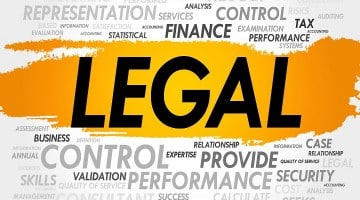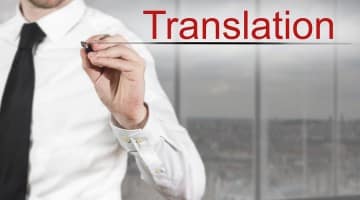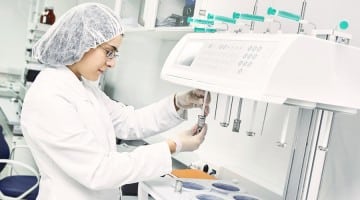Medical and pharmaceutical translation market is one of the most lucrative and in demand specialty in the translation industry. Specializing in this niche can offer ongoing and well-paying work for a long time. What does it take to get into this market?
Translation in these two fields is critical and there is no room for inaccuracies. Poorly translated prescription information, for example, can easily cause injury or even death. This is one of the reasons that a translator getting into this field must be keen to details and be highly skilled in both source and target languages. Other qualifications include:
- Good organization. This is a field where complicated information and data is involved and poor organizational powers can lead to serious mistakes and unintended outcomes.
- Must have a mind that grasps legal matters well. Some translation jobs involve legally binding documents such as consent forms and other information used during clinical trials.
- Relevant technology knowledge. Advances in this field calls for medical and pharmaceutical translators to continuously update themselves on the current technological terms in both languages involved in the translation.
- Readiness to learn new terms and understand them. The medical and pharmaceutical field is wide. Various specialties have unique terms more commonly used there and which a translator must be conversant with before starting a project in such an area.
- Ability to write for all types of persons. This means that a translator in this field must be able to adapt his translation tone to the needs of different audiences without compromising the meaning of the original message.
- Professional qualifications. Most of the work in this field relates to medicine or pharmacy as a profession. Without a firm foundation in this disciplines, it would be an uphill task to work here as a translator. With determination it can be done but there is a high risk of this deficiency showing through your translation work. Common professional qualifications that gives a firm foundation for medical and pharmaceutical translators include at least a basic degree in:
- General medicine
- Pharmacy
- Biotechnology
- Nursing
- Physician assistants
- Specialists in various fields such as cardiology, physiology, gynecology, orthopedics and others.
As a professional, it will be much easier to deal with the more difficult areas of medical and pharmaceutical translation. These include:
- Clinical trial documents and clinical trial management software
- Academic material such as textbooks and journals
- Patent and copyright information
- Patient information material such as brochures, flyers and consent forms.
- Continuing medical education and course development materials
- Medical related website localization
Some areas in medical and pharmaceutical translation do not need a foundation in medical or pharmacy related fields. A fair knowledge of medical and pharmaceutical terms is however helpful. These areas include marketing, business registration matters and some types of medical report documents.
To get into and remain in the medical and pharmaceutical translation field, you must be a reader. Medicine and pharmacy worlds are dynamic and new terms come up every day. You must keep abreast with these development and terminologies to remain relevant and useful to clients.











